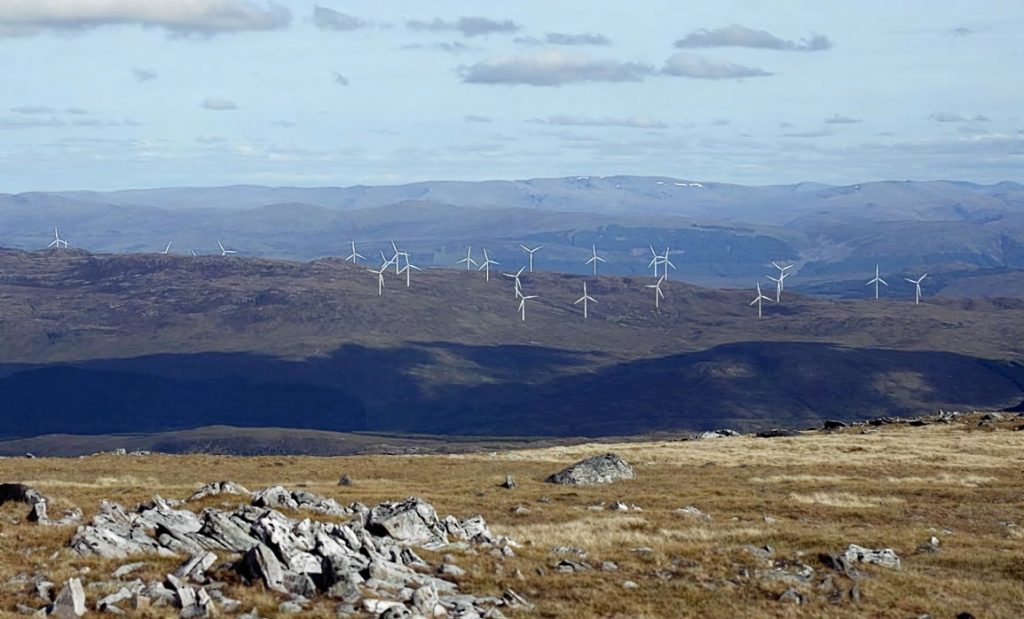
Aberdeenshire slipped one place to seventh in the UK regional rankings for green energy capacity in 2016 despite adding dozens of new projects, a new study said.
Forty-one new independent renewables projects were installed in Aberdeenshire last year, which amounts to an extra 39.6megawatts (MW) of clean generation, according to SmartestEnergy’s fifth annual Energy Entrepreneurs report.
Aberdeenshire now has 189 schemes with a capacity of 421.9MW, enough to power more than 290,000 homes a year, the report said.
Highlands and Islands remained top of the leaderboard after adding 52 new projects, giving it a total of 210 and a capacity of 656.8MW.
For the UK as a whole, independent renewable schemes supplied enough electricity to power a quarter of all homes in 2016, the report suggested.
Companies outside the traditional electricity supply sector have invested £2.75billion in more than 6,400 solar parks, wind farms and other renewables, supplying 8.6% of total UK demand last year.
Nearly two thirds of the 12,750MW of independent renewable projects installed in the UK have been built in the last four years, but investment has flat-lined following subsidy cuts.
Now energy entrepreneurs are driving development of battery storage – which can enable growing amounts of renewables on the system – with the UK’s capacity set to increase 100-fold in the next few years.
Just 20MW of commercial batteries were operating in 2016, but 31 projects have won long-term contracts, under schemes to balance the grid and ensure sufficient power availability, to provide 578MW of capacity in 2020.
Some 153 projects with a combined capacity of 2,300MW are set to be deployed over the next four years, said SmartestEnergy, a company which buys power from independent renewable projects and supplies it to businesses.
Iain Robertson, vice president, renewables, at SmartestEnergy said the sector had shown it could build clean, renewable generation at scale, quickly and cost-effectively, but had been rocked by subsidy cuts that were “too sudden and too steep”.
“Energy entrepreneurs are at the forefront as we transition to a new energy system.
“Independent developers still have renewable project pipelines and are looking at innovative ways to build without subsidy.
“They are now also driving forward the battery revolution.
“We call on the Government to recognise the role renewables and storage can play in its forthcoming industrial strategy, and to allow them to compete with traditional generation on a level playing field,” he said.
SmartestEnergy said solar could not bid against other power generators for contracts to supply energy at a guaranteed price and short term contracts to balance the grid disadvantage new battery schemes against existing fossil fuel plants.
While there were 942 new independent renewables projects in 2016, more than half were commissioned by March which was the deadline for small scale solar schemes to be accredited under the “renewables obligation” subsidy scheme.
Investment for the year fell sharply to £280million from £376million in 2015 and £417million in 2014, the report said.
Recommended for you
